Compass Diversity, Equity & Inclusion Resource Site
At Compass, we're committed to building a community where we are open to ongoing learning, self-evaluation, and self-awareness. Our goal is to create a community where we recognize strengths in all people and respond respectfully to people of all cultures. As a learning organization, we seek to understand how systems of privilege and oppression, including policies and institutional practices, affect opportunities for families in our programs. This online resource offers training and supports to better understand how race and culture impacts our work and how different people experience life through their culture.
Talking About Race
To create an equal society, we must commit to making unbiased choices and being antiracist in all aspects of our lives.
Cultural Competence
Compass believes in the importance of fostering awareness of, and responsiveness to, the diverse populations and cultures we serve in our direct services programs and through our national partnerships. Integrating cultural proficiency into our coaching work requires coaches to be aware of, and manage, their own biases, and refrain from judging clients’ decisions. Culturally competent practice also requires that practitioners understand how institutions and history have shaped current financial situations and cultural perspectives.
Cultural Humility
Cultural humility instills the practice of working with people with a presence of humility, empathy, and non-judgment. It also incorporates a commitment to self-evaluation and self-critique to address power imbalances and build mutually beneficial partnerships based on trust. Coaches demonstrate cultural humility by approaching the coaching relationship as a partnership; they ask questions about clients’ experiences, communicate respect, avoid assumptions, and reject stereotypes.
Read our Guide on Cultural Humility in Financial Coaching and watch Juliana Mosley’s TEDx Talk on Cultural Humility.
Cultural Humility | Juliana Mosley, Ph.D. | TEDxWestChester
Diversity, Equity and Inclusion (DEI) Plan
Our 2021 Diversity, Equity and Inclusion (DEI) Plan summarizes our strategies and goals for advancing a diverse and inclusive workplace, where all employees have equitable opportunities to succeed.
““Radical empathy...means putting in the work to educate oneself and to listen with a humble heart to understand another’s experience from their perspective, not as we imagine we would feel. Radical empathy is not about you and what you think you would do in a situation you have never been in and perhaps never will. It is the kindred connection from a place of deep knowing that opens your spirit to the pain of another as they perceive it.”
Cultural Proficiency Training Materials
As part of our new employee on-boarding, we encourage all team members to become familiar with these cultural proficiency materials. These materials provide a cultural proficiency framework specific to Compass' work and the broader financial services industry. They also help to us (1) build a shared language around cultural proficiency, (2) understand the institutional barriers to building wealth, and (3) discern the dimensions of culture.
Part of Project Implicit developed by Harvard, this Implicit Association Test looks at our implicit biases towards race and seeks to measure to measure unconscious bias.
As demonstrations for the Black Lives Matter movement continue worldwide, the Netflix documentary Explained - The Racial Wealth Gap, reveals the real racial wealth gap in America. Features are Cory Booker, Mehrsa Baradanan and Thomas Shapiro.
For 70 years, there stood a Chicago public housing community known as Cabrini Green. 70 Acres in Chicago tells the volatile story of this hotly contested patch of land, while looking unflinchingly at race, class, and who has the right to live in the city.
Race: Power of an Illusion III
This 3-part series questions the very idea of race as innate biology. Part III focuses on housing policy and how systemic racism and discrimination has let to the inequalities we see today.
In this Racial and Ethnic Disparities in Wealth and Income Course by Prof. James Anderson, you will deepen your understanding of how race, ethnicity and cultural diversity have shaped American institutions, ideology, law, and society from the colonial era to today.
In this engaging, persuasive TED talk, Hobson makes the case that speaking openly about race — and particularly about diversity in hiring -- makes for better businesses and a better society. We encourages us to shift from color blind to color brave.
Novelist Chimamanda Adichie tells the story of finding her authentic cultural voice, and warns that if we hear only a single story about another person or country, we risk misunderstanding.
Listen to ‘1619,’ a Podcast From The New York Times hosted by Nikole Hannah-Jones. This audio series examines how slavery has transformed America, connecting past and present through the oldest form of storytelling.
This animated video by @alexcequea provides an overview of the historical systems, policies and practices that perpetuate racism and the racial wealth gap.
BOOKS
Tim Wise, one of America’s most prolific public intellectuals discusses the roots and ramifications of radical inequality in our nation and the demonization of those in need.
View Tim Wise F.A.Q.s revised for Compass.
Tom Shapiro, a professor of law and sociology at Brandeis University, lays out how policy and systemic racism has created vast gaps in wealth between white and black Americans.
Read the Atlantic interview with Tom Shapiro about the book.
Rothstein argues with exacting precision and fascinating insight how segregation in America is the byproduct of explicit government policies at the local, state, and federal levels.
Listen to NPR's Fresh Air interview with Richard Rothstein
How To Be an AntiRacist
Ibram X. Kendi's concept of antiracism reenergizes and reshapes the conversation about racial justice in America. Kendi asks us to think about what an antiracist society might look like, and how we can play an active role in building it.
Caste: The Origins of Our Discontents
The Pulitzer Prize–winning author Isabel Wilkerson examines the unspoken caste system that’s shaped America & shows how our lives today are still defined by a hierarchy of human divisions. Listen.
Stamped: Racism, Antiracism and You
Can You Dismantle White Supremacy With Words? Written by Ibram X. Kendi and Jason Reynolds, Stamped is for children 12+ and billed as a “remix” of Kendi’s best-selling “Stamped From the Beginning,” which won the 2016 National Book Award for nonfiction.
The Color of Money: Black Banks and the Racial Wealth Gap
In this WNYC podcast, Baradaran challenges the long-standing notion that black banking and community self-help is the solution to the racial wealth gap.
White Fragility
The New York Times best-selling book by Robin DiAngelo explores the counterproductive reactions white people have when their assumptions about race are challenged, and how these reactions maintain racial inequality.
Understanding the Racial Wealth Gap
Understanding the Gender Wealth Gap
Diversity, Equity and Inclusion as a Business Imperative
NEWS AND UPDATES
Partner organizations for policy, resources and training
A network of more than 70 social innovation organizations that champion innovative, effective, and efficient solutions to our country’s most pressing social problems.
Closing the Women's Wealth Gap
A national forum where advocates, organizers, researchers, practitioners, and funders are coming together to close the gap by building wealth for low-income women and women of color.
Prosperity Now - Racial Wealth Divide Initiative
Prosperity Now leverages its connections, partners, and our core competencies to aggressively address racial economic inequality.
A cross-sector working group of regional leaders to identify shared priorities and build a shared agenda to reduce racial wealth inequalities in Boston and in Massachusetts.


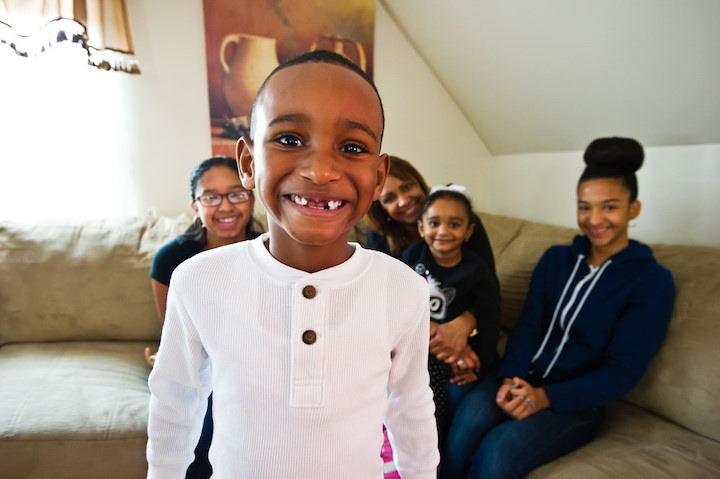
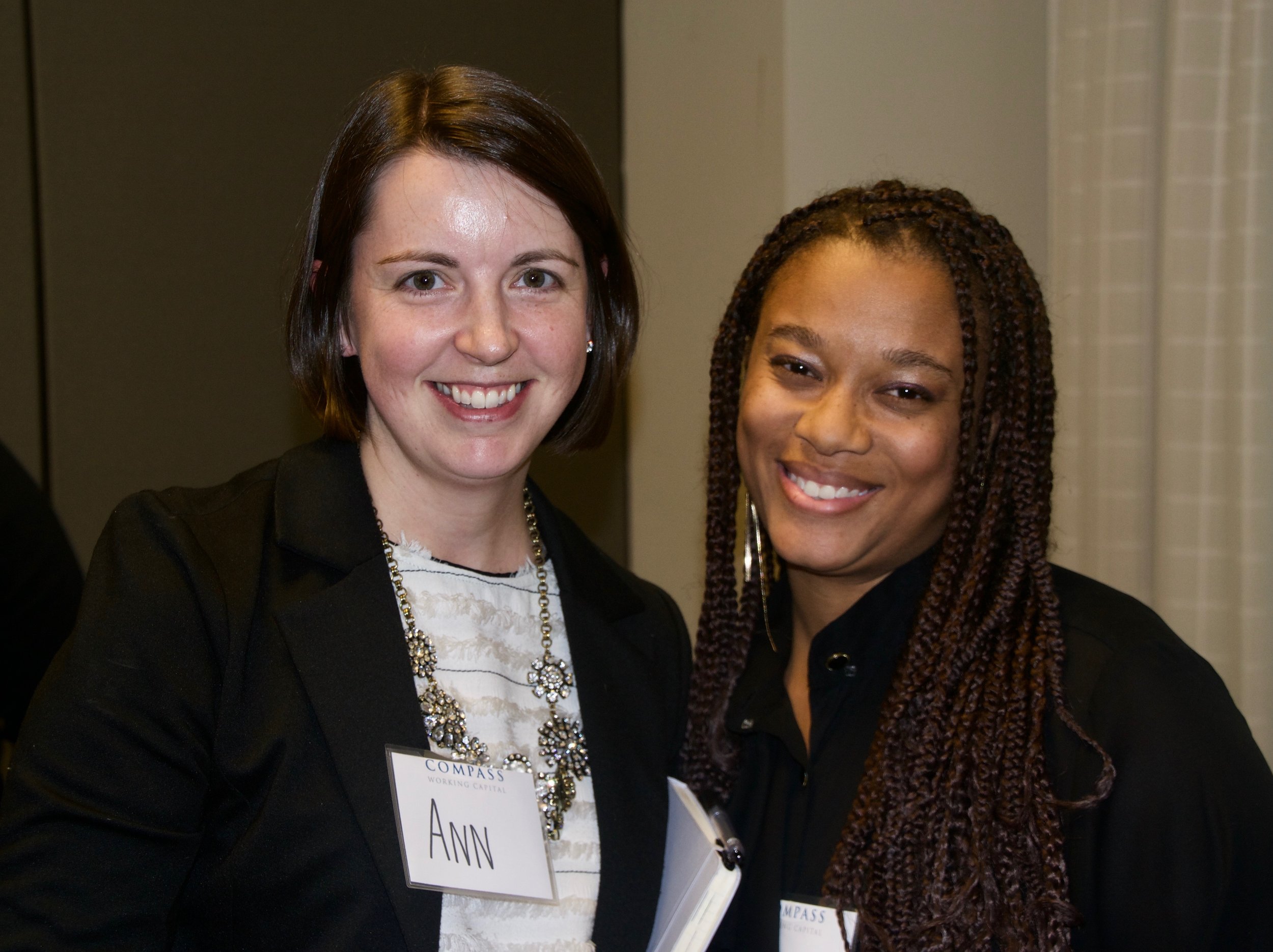
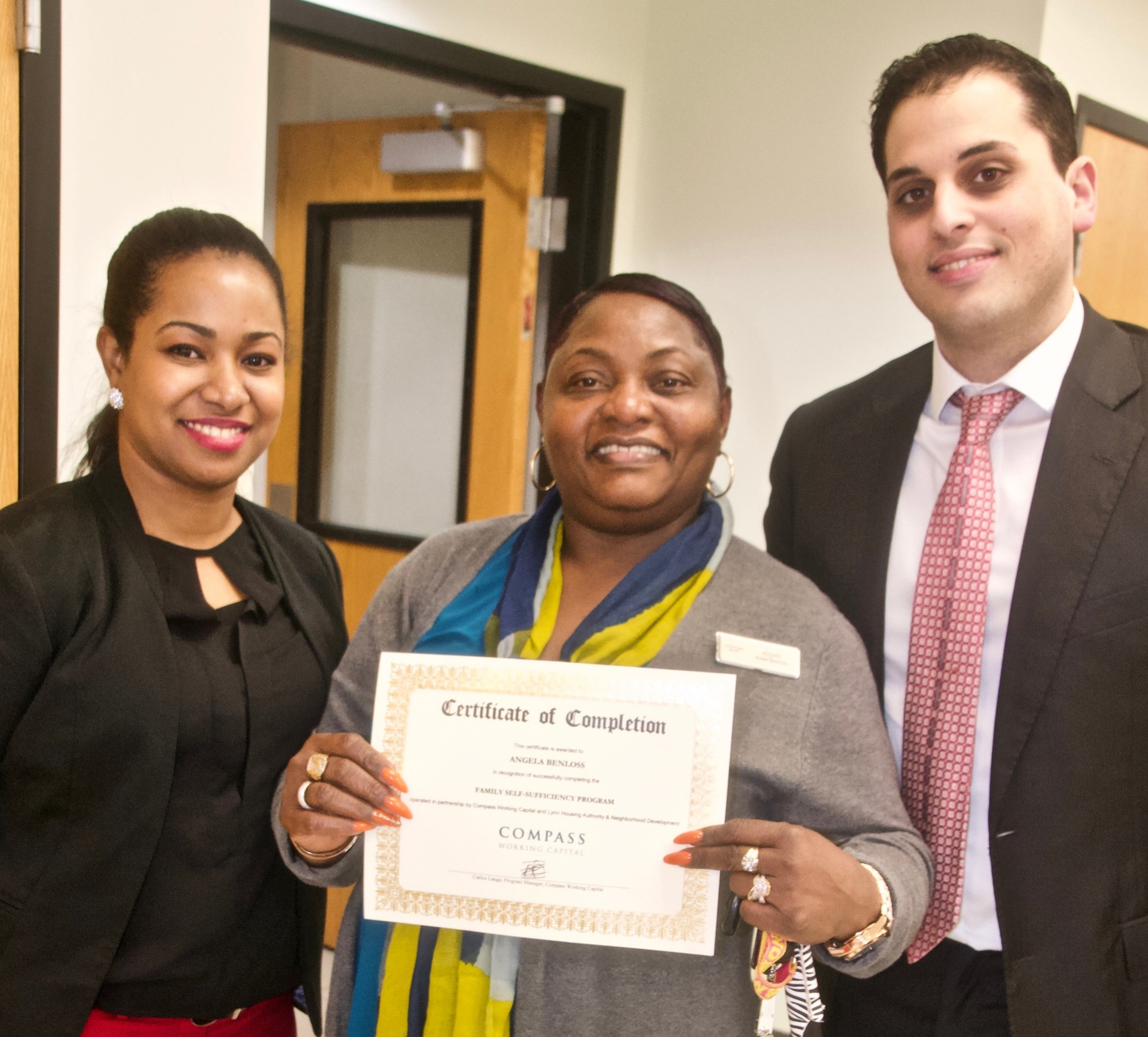
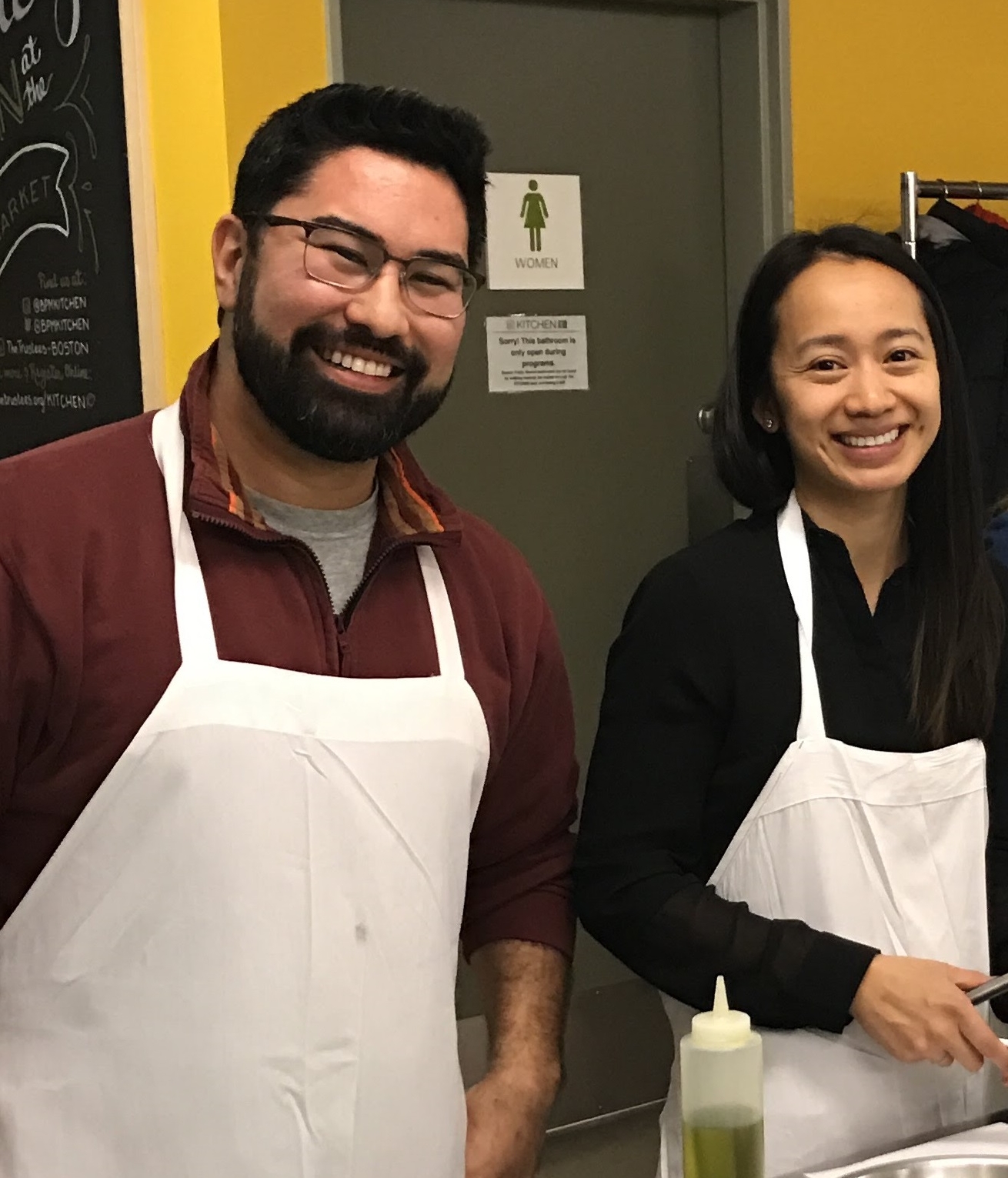
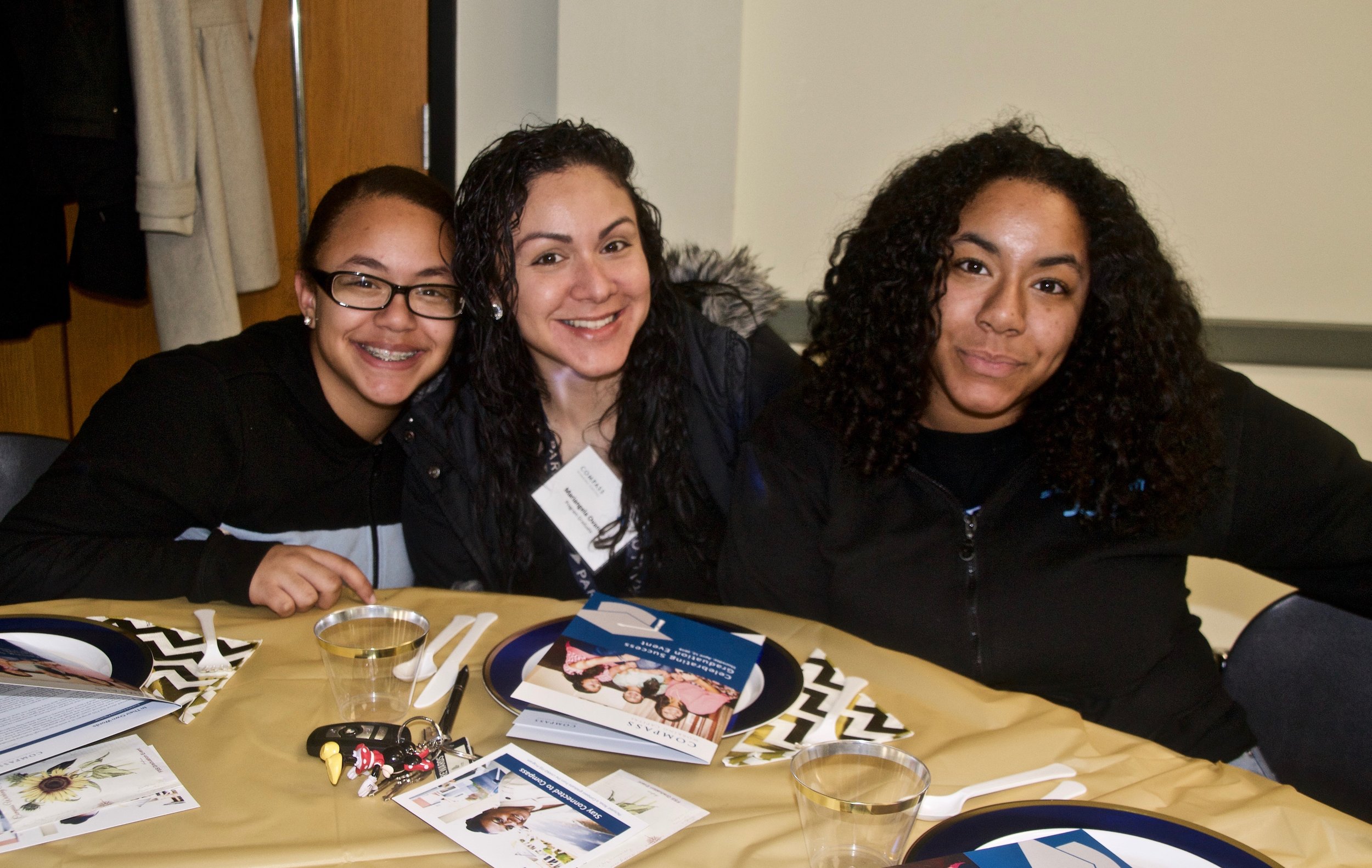









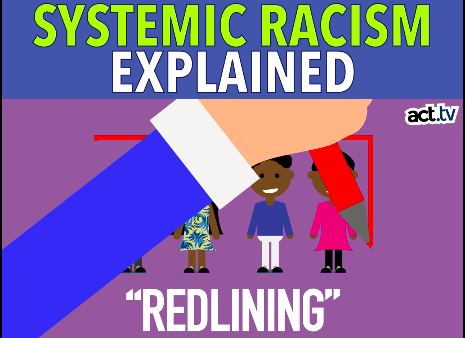

































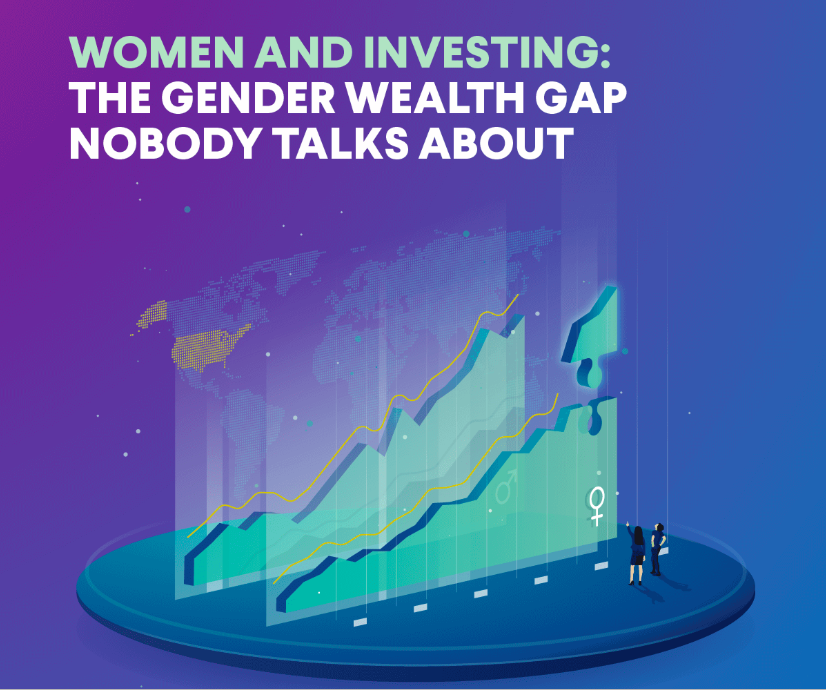






The 400 richest American billionaires have more total wealth than all 10 million Black American households combined. There is a vital and vibrant conversation in America today about reparations programs and other expenditure-based approaches to close the racial wealth gap. These investments are a moral imperative and an urgent economic necessity.